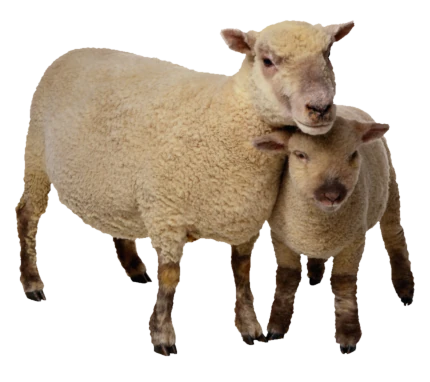~ Americans are showing a growing interest in learning where their food comes from
~ Plant-based meat and dairy alternative sales are projected to reach $162 billion by 2030
~ In the US alone, the plant-based food market was worth $8 billion in 2022
~ Vegan orders on Grubhub rose by 17% in the first half of 2021
~ 2 in 5 US households purchased some form of plant-based milk in 2022
Not so long ago, vegans and veganism were more likely to be the butt of a joke than a topic of serious discussion. Animal products were considered so essential to a healthy American diet that cutting out or even limiting meat or eggs was thought of as ludicrous or fringe. However, recent data shows Americans are thinking more positively about plant-based diets, and many are choosing to embrace vegan lifestyles in a myriad of ways.
People choose to go vegan for various reasons. Still, in general terms, personal health, animal welfare, and mitigating the meat industry’s impact on the environment are the top motivators for the vegan-curious.
So what forces have changed these reasons from marginal to mainstream?
For starters, Americans are showing a growing interest in learning where their food comes from. Increased demand for information about food provenance—its origins and detailed understanding of its processing and production—has increased awareness about some of the unfortunate and controversial realities of meat production. Documentaries such as “Food, Inc.,” “Fed Up” and “Hungry for Change” have exposed many practices within the food industry—from evidence of animal cruelty to lax hygiene standards that have caused food recalls due to the threat of disease or infection—that growing numbers of consumers find unacceptable.
Furthermore, the rise of social media has allowed vegan influencers, professional athletes, and celebrities to destigmatize and share the benefits of plant-based diets and lifestyles.
As the narrative around food production has evolved, many Americans are seeing veganism and plant-based lifestyles as more aligned with their values. Such changing attitudes are directly affecting not only lifestyle choices and health but economic factors as well. And with some food industry analysts voicing concerns that meat is not sustainable, the value of plant-based alternatives continues to grow in the public consciousness.

